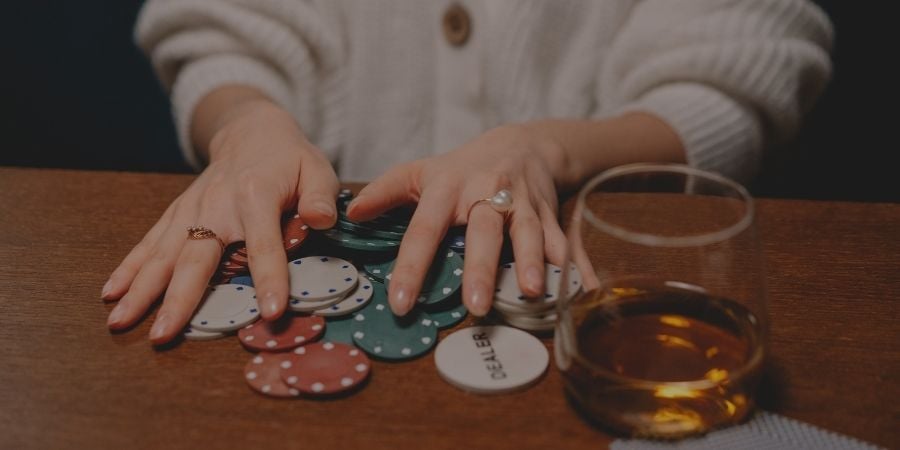
Common Gambling Relapse Triggers and Prevention Strategies During the Holidays
Common gambling relapse triggers can severely impact recovery, but understanding and preparing for them can help maintain long-term success in recovery.
Stress - The Primary Trigger Stress remains the most common catalyst for gambling relapse. Many recovering addicts previously used gambling as a stress management tool, particularly during financial difficulties. While gambling might seem like a solution to money problems, it typically leads to more severe financial stress.
Loneliness and Boredom Isolation can significantly increase relapse risk, especially during periods of restricted social interaction. Without proper coping mechanisms, the combination of loneliness and boredom can make gambling appear more appealing as a way to fill time.
Digital Accessibility The prevalence of gambling apps and online platforms has made access easier than ever. The ability to gamble from anywhere, at any time, creates additional challenges for those in recovery.
Overconfidence Extended periods without gambling can create a false sense of security. Common thoughts that may signal overconfidence include:
- "I can handle just one bet"
- "I'm certain about this outcome"
- "I'll limit myself to a specific amount"
Recovery Success Tips
- Acknowledge that relapse is not failure
- Identify specific triggers and emotions that lead to gambling urges
- Develop alternative coping mechanisms
- Remember past success in quitting
- Seek support when needed

Man on cliff with outstretched arms

Woman plays poker at casino table

Woman praying with raised hands
